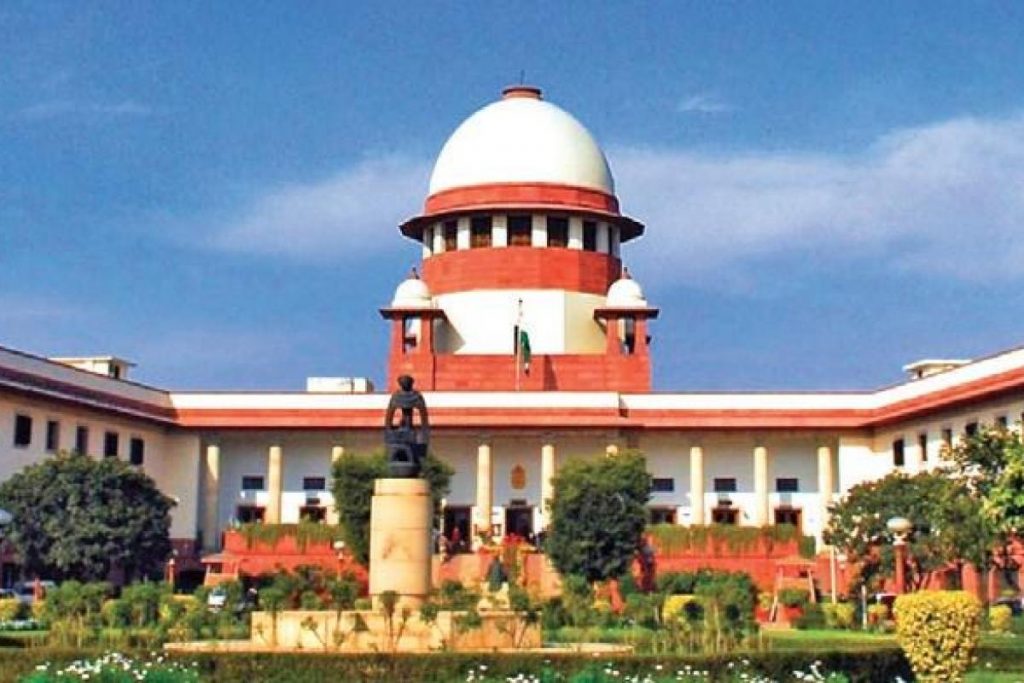The Aryavarth Express
Agency(New Delhi): Supreme Court Justice Ujjal Bhuyan recently voiced concerns over the potential misuse of the Prevention of Money Laundering Act (PMLA), warning that such actions could foster negative perceptions of the Enforcement Directorate (ED) and, more broadly, harm the nation. His comments were made during the launch of the book ‘Treatise on PMLA – Law and Practice’ by advocate Mr. Akhilesh Dubey, where he highlighted the importance of applying the PMLA judiciously, in alignment with its intended purpose and the constitutional framework of India, particularly Article 21.
Justice Bhuyan underscored the PMLA as a critical tool in combating the menace of money laundering, which threatens the integrity of financial systems and the economy at large. However, he cautioned that this powerful legislation could lose its effectiveness if overused, misapplied, or misused, potentially leading to unjust consequences and eroding public trust in law enforcement agencies.
He stressed the significance of ensuring that enforcement actions under the PMLA do not unjustly impact innocent individuals, emphasizing that the legal system’s goal should be to minimize such suffering wherever possible. This concern reflects a broader judicial perspective that while the pursuit of justice against the guilty is paramount, it must not come at the expense of the innocent’s rights and liberties.
The Justice’s remarks resonate with the judiciary’s call for restraint and transparency in applying laws as potent as the PMLA. He referred to observations made by other benches of the Supreme Court, which have similarly advocated for a balanced approach in enforcement actions, ensuring that genuine cases are pursued without giving rise to vindictive or baseless actions.
These discussions underscore a critical dialogue about the balance between rigorous law enforcement and the protection of individual rights in India’s democracy. The evolving jurisprudence around the PMLA illustrates the judiciary’s ongoing efforts to refine and clarify the application of this law, aiming to strike a fair balance that protects the nation’s financial integrity without compromising the constitutional rights of its citizens.
Justice Bhuyan’s call to action for all stakeholders involved in the implementation of the PMLA is a reminder of the law’s dual objectives: to deter and punish financial crimes effectively while upholding the fundamental principles of justice and liberty enshrined in the Constitution of India. His insights contribute to the ongoing discourse on ensuring that powerful legal instruments like the PMLA serve their intended purpose without becoming tools for injustice or oppression.
